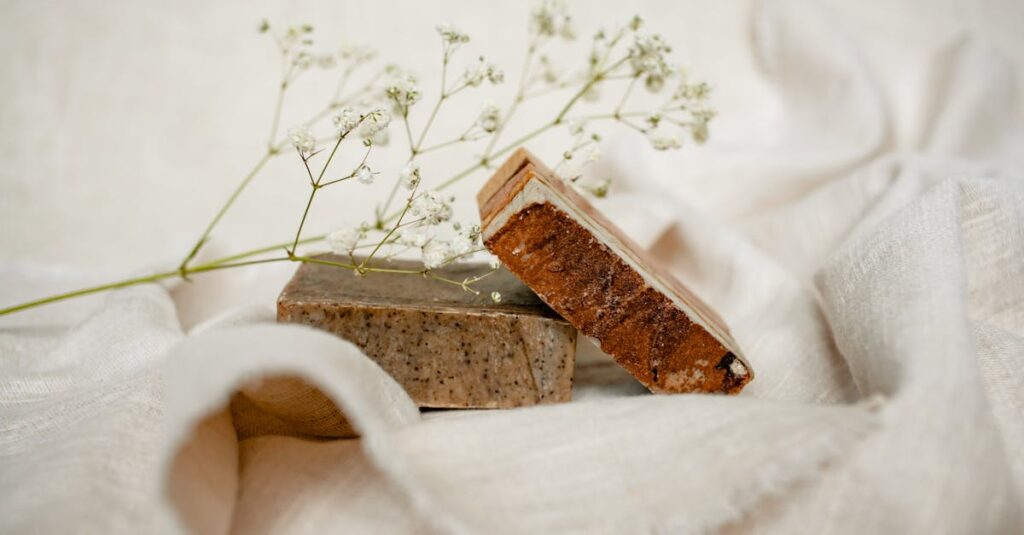Why Choose Organic Skincare?
Have you ever stared at your bathroom shelf packed with skincare bottles and wondered if any of them actually do what they promise? I’ve been there. It’s frustrating to try product after product, only to end up with skin that’s no better, or worse. That’s why more people are turning to organic skincare products. These aren’t just buzzwords slapped on pretty packaging; they’re about using natural ingredients that your skin recognizes and actually benefits from.
But here’s the thing: not all organic products are created equal. So, how do you pick the ones that truly work? Let’s explore what makes some organic skincare products stand out, and share some practical tips for choosing your next favorite.
What Makes Organic Skincare Different?
Imagine putting fresh, wholesome food on your skin instead of processed chemicals. That’s essentially what organic skincare is about. These products use ingredients grown without synthetic pesticides, fertilizers, or GMOs. Instead, they rely on nature’s own potions like plant oils, herbs, and essential oils.
One of my friends, Sarah, switched to an organic rosehip oil after battling dry, flaky skin for years. Within weeks, her skin started glowing, feeling softer, and she even noticed fewer breakouts. What changed? The organic rosehip oil was packed with antioxidants and vitamins that helped repair and hydrate her skin naturally.
Benefits You Can Count On
- Gentle on the skin: Organic ingredients tend to cause fewer allergic reactions and irritations.
- Rich in nutrients: Plants grown in healthy soil pack more vitamins and antioxidants.
- Environmentally friendly: Organic farming supports sustainable practices that protect ecosystems.
Spotting Organic Skincare That Works
So, if organic skincare is so great, why do some products fall flat? The secret lies in the formula and the brand’s integrity. Some brands slap on the word “organic” without much proof. To avoid this, look for certifications like USDA Organic or ECOCERT, which guarantee a certain level of purity.
Also, be wary of long ingredient lists filled with unpronounceable chemicals. True organic products usually have simple, transparent ingredient lists. For example, a good organic moisturizer might include aloe vera, jojoba oil, and green tea extract rather than synthetic fillers.
Try These Tips When Shopping
- Check the label for percentage of organic content. The higher, the better.
- Test a small patch of skin first, natural doesn’t mean no reaction at all.
- Look for brands that explain their sourcing and production methods honestly.
Real Ingredients, Real Results
Let’s talk about a few star ingredients you’ll see in organic skincare products that genuinely work:
- Rosehip oil: Packed with vitamins A and C, this oil is a favorite for reducing scars and evening skin tone.
- Aloe vera: Known for its soothing and hydrating properties, it calms irritated skin like nothing else.
- Green tea extract: A powerful antioxidant that helps fight aging and inflammation.
- Shea butter: A rich moisturizer that melts into the skin without clogging pores.
When these ingredients are combined thoughtfully, the result is a product that supports your skin’s natural processes rather than masking problems.
Stories from People Who Switched
I remember talking to Mark, a guy who never cared much about skincare until his late 30s when he started seeing dullness and rough patches. He gave an organic charcoal cleanser and moisturizer a shot, just to see what would happen. A few months later, he joked that his skin looked “younger than his beard.” It wasn’t magic; it was about ditching harsh chemicals that dried his skin out and choosing gentle, nourishing ingredients instead.
Then there’s Lily, a new mom worried about what to put on her baby’s delicate skin. She found organic products that calmed her baby’s eczema without the scary chemicals she wanted to avoid. The results were so encouraging, she now swears by organic skincare for her whole family.
How to Start Your Organic Skincare Journey
Switching to organic skincare doesn’t mean tossing everything in your cabinet at once. It’s okay to start small. Pick one or two products that address your skin concerns. Maybe it’s a cleanser, a moisturizer, or a face oil. Give your skin time to adjust and notice how it feels.
Here’s a simple plan to ease into it:
- Choose a gentle cleanser with organic ingredients.
- Add a nourishing moisturizer or oil suited for your skin type.
- Use sunscreen daily, ideally one that’s mineral-based and organic.
- Stay consistent but patient, the best results take time.
Final Thoughts: More Than Just Skin Deep
Organic skincare isn’t just a trend, it’s a way to treat your skin kindly and respect the planet at the same time. The best products combine honest ingredients with thoughtful formulas that actually improve your skin’s health. Sure, it might take a bit of trial and error, but when you find the right ones, your skin will thank you.
Next time you browse skincare aisles or online shops, ask yourself: does this product bring something real to my skin? If it’s packed with natural, organic ingredients backed by good reviews or personal stories, it’s probably worth a shot. After all, glowing skin is less about magic and more about smart, gentle care that works with your body.
Ready to start your organic skincare journey? Your skin is already rooting for you.



